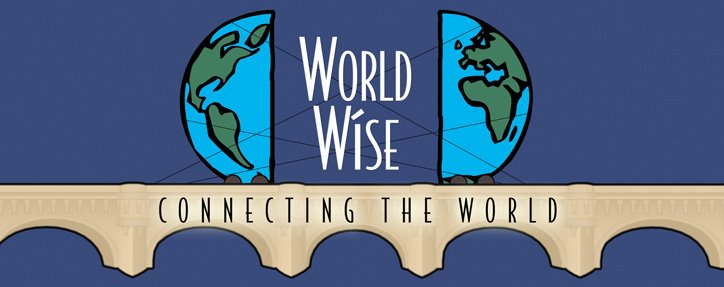This week
Fast Company ran an article picked up
from The Guardian, The French Move to Protect Workers from After Hours Email”. http://www.fastcompany.com/3028945/work-smart/france-just-made-it-illegal-to-answer-work-emails-after-6pm
It created quite a stir among readers who most
often write about being overwhelmed by email 24/7 or eagerly read about
others taking an “email sabbatical”.
It turns out that the ban will effect about less about a quarter of a
million workers – not the entire French professional population and that France
is not the only country to try to protect their worker’s evenings. (No email
after 6:00 pm). Germany has a similar
law.
Taken out of
context it’s quite amazing. Legislating
when people can send and receive email. But
legislation to protect workers from working too much, to insure there’s time to
spend with families isn’t new in France or in Germany either. There are strict limits on operating hours for
retail establishments. Don’t try to shop
for groceries on or most anything else on a Sunday or most days after 8:00
pm. No running into Ralph’s (a major
grocery chain in Los Angeles) at midnight to pick up yogurt and fruit for
breakfast.
This
legislation can be seen as a reminder to those of us focused on doing as much
as possible as quickly as possible, who are excited that Amazon is moving
toward same day delivery so we can get
what we want faster http://online.wsj.com/news/articles/SB10001424052702304788404579521522792859890 that not everyone follows that path. In some places the emphasis is on people and
relationships rather than schedules and tasks. Something to consider as we plan
our next business trip. Maybe we should
allow some extra time to have that lunch, dinner or a conversation with our
colleagues instead checking our email and voice mail one more time.








